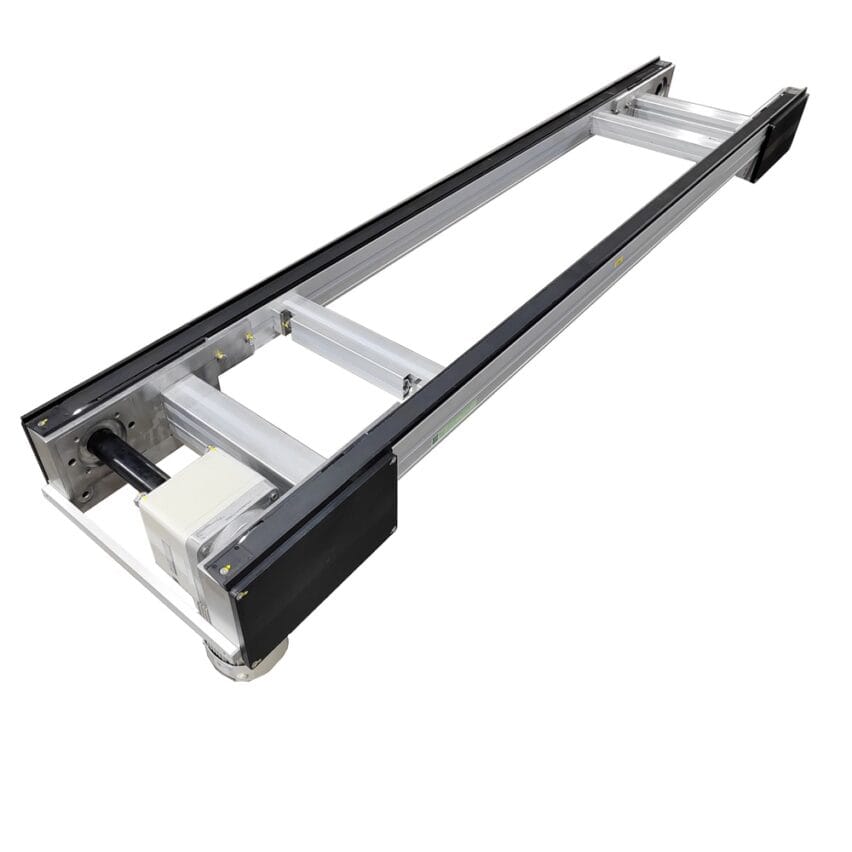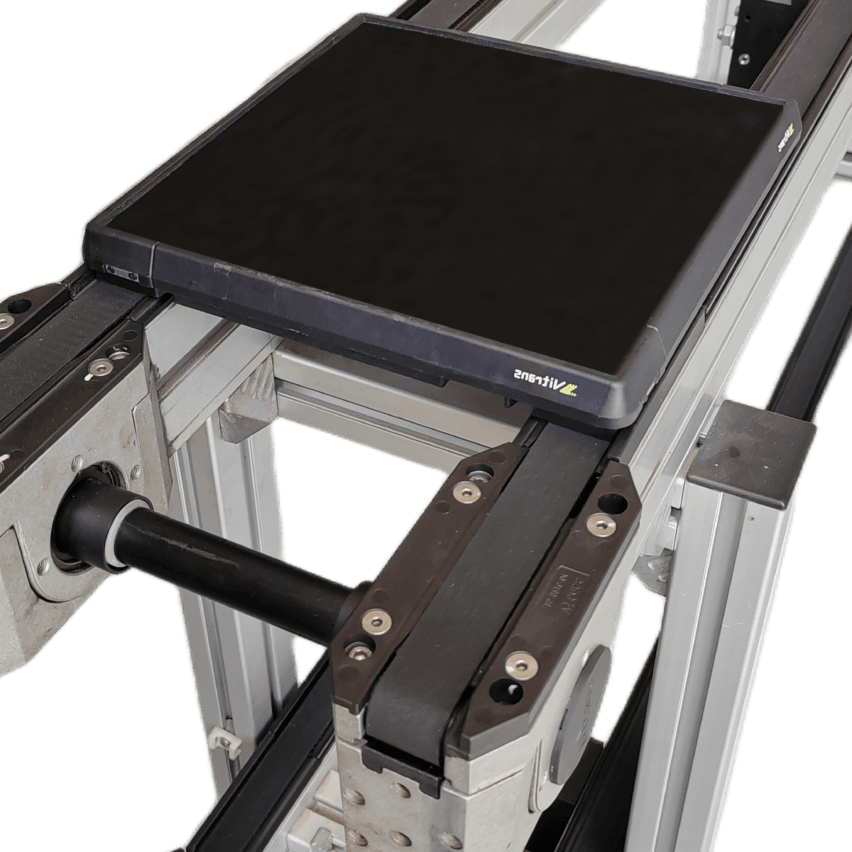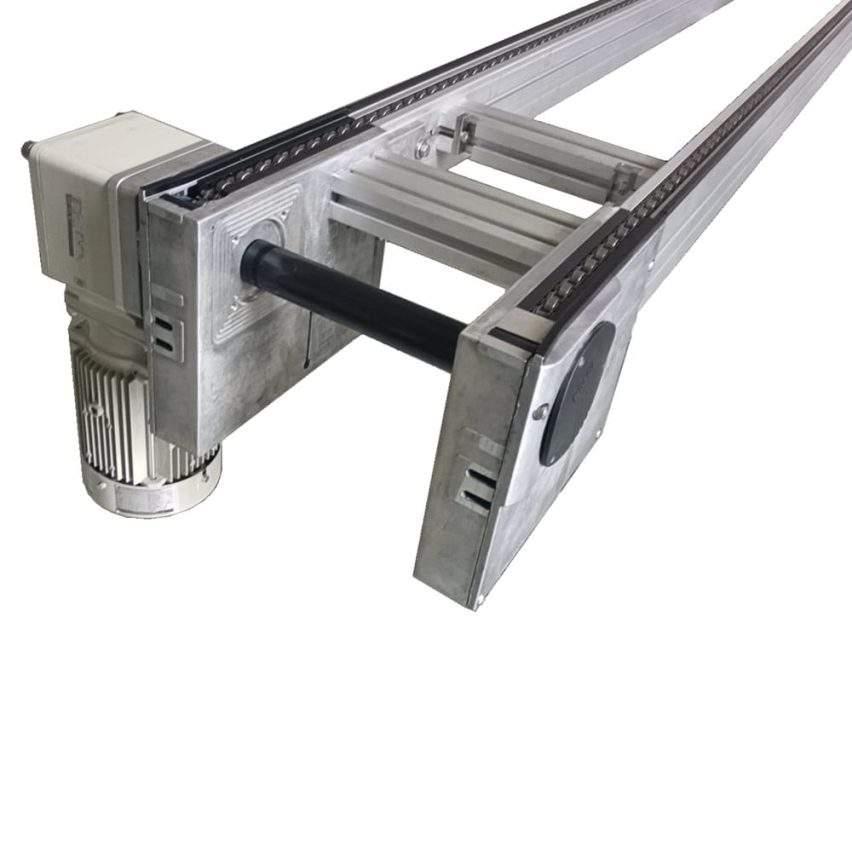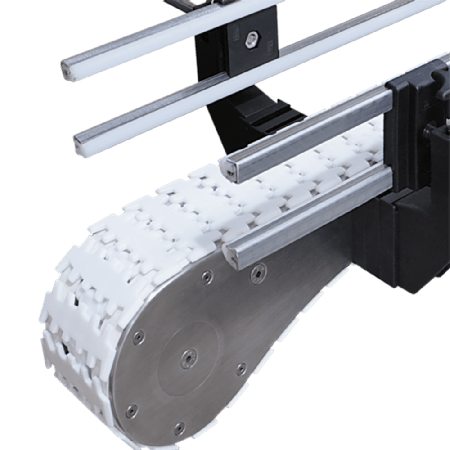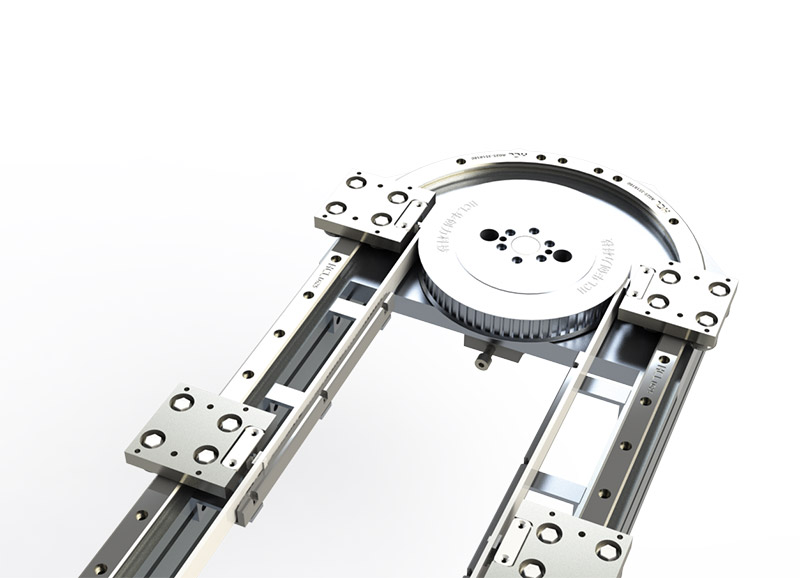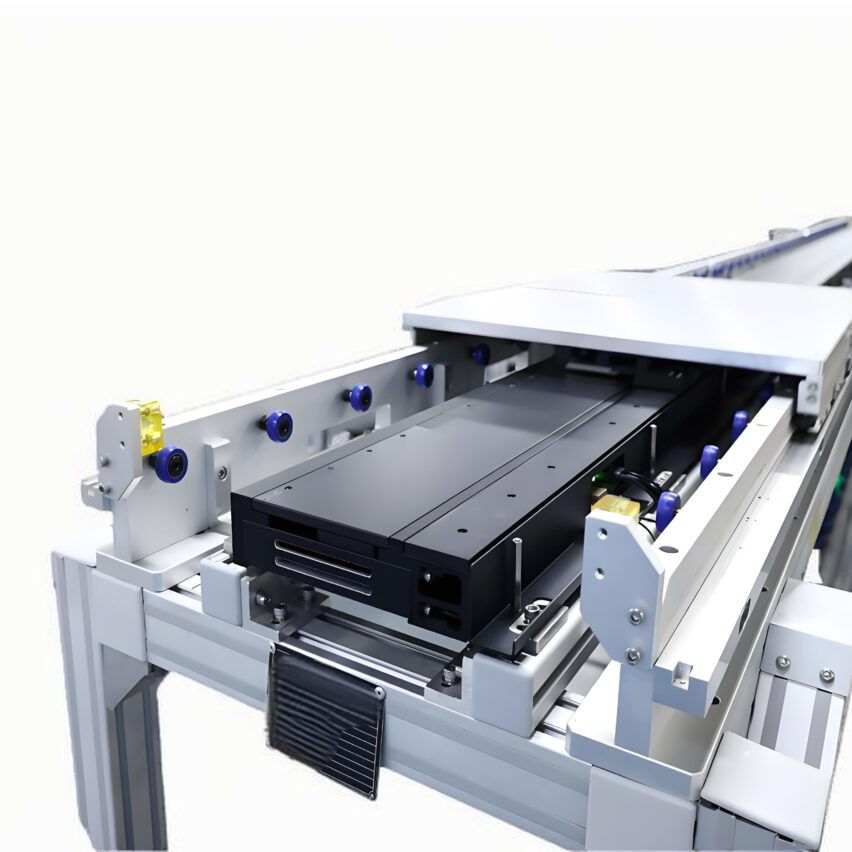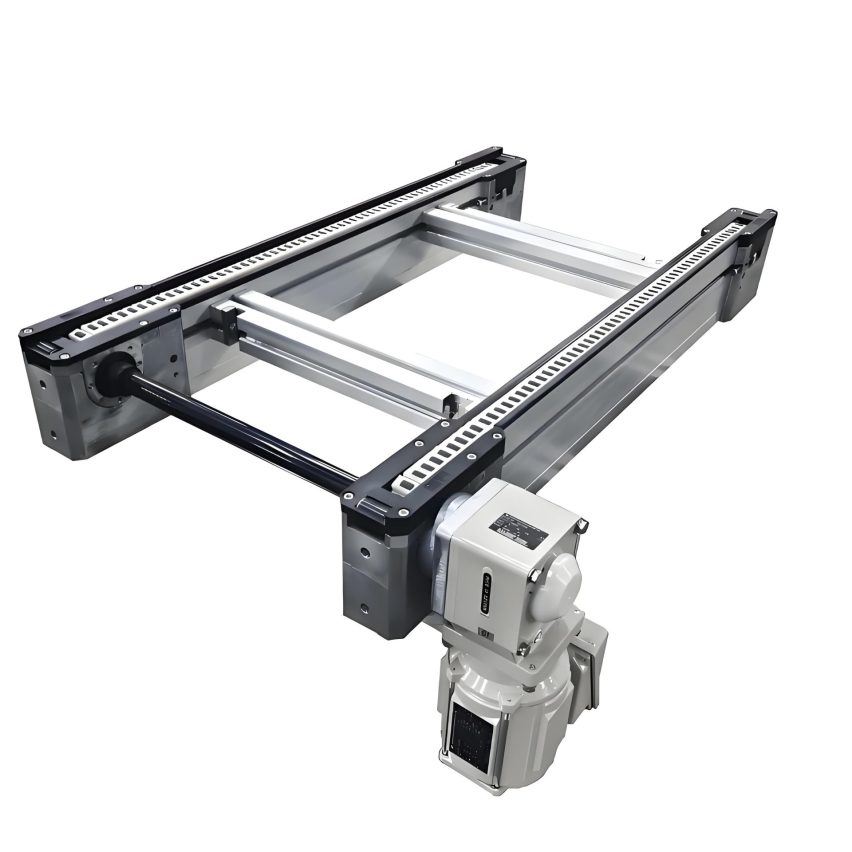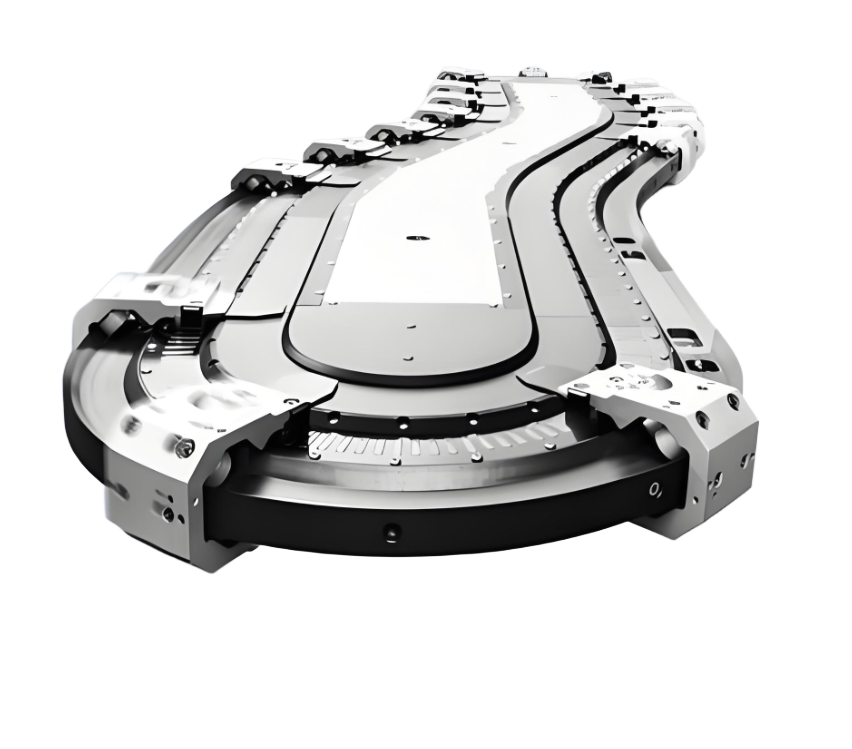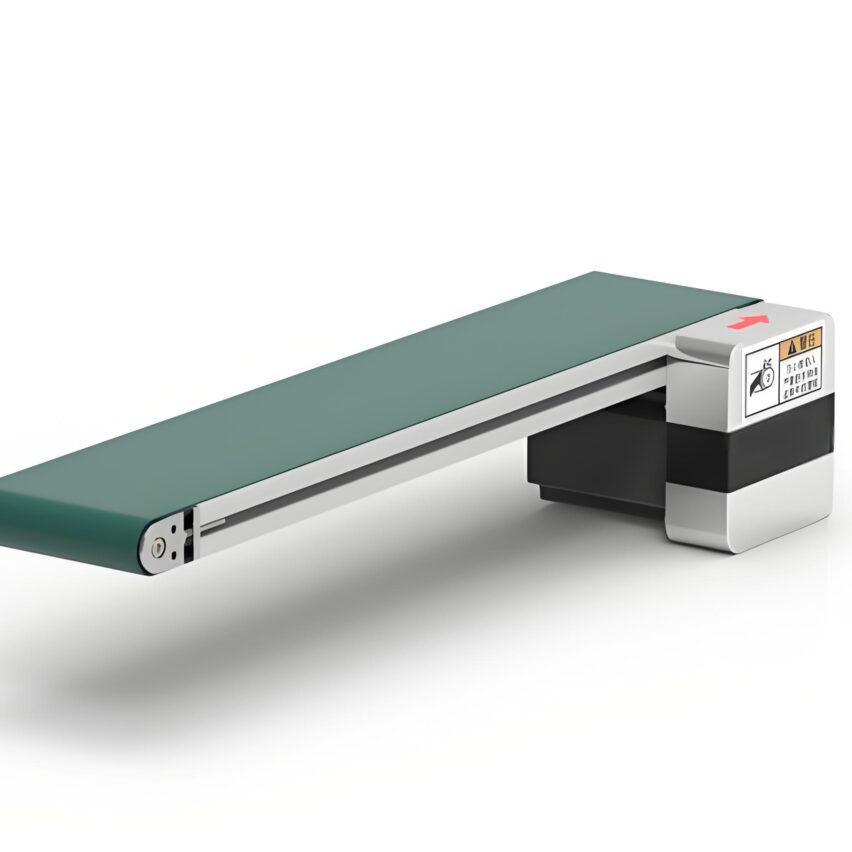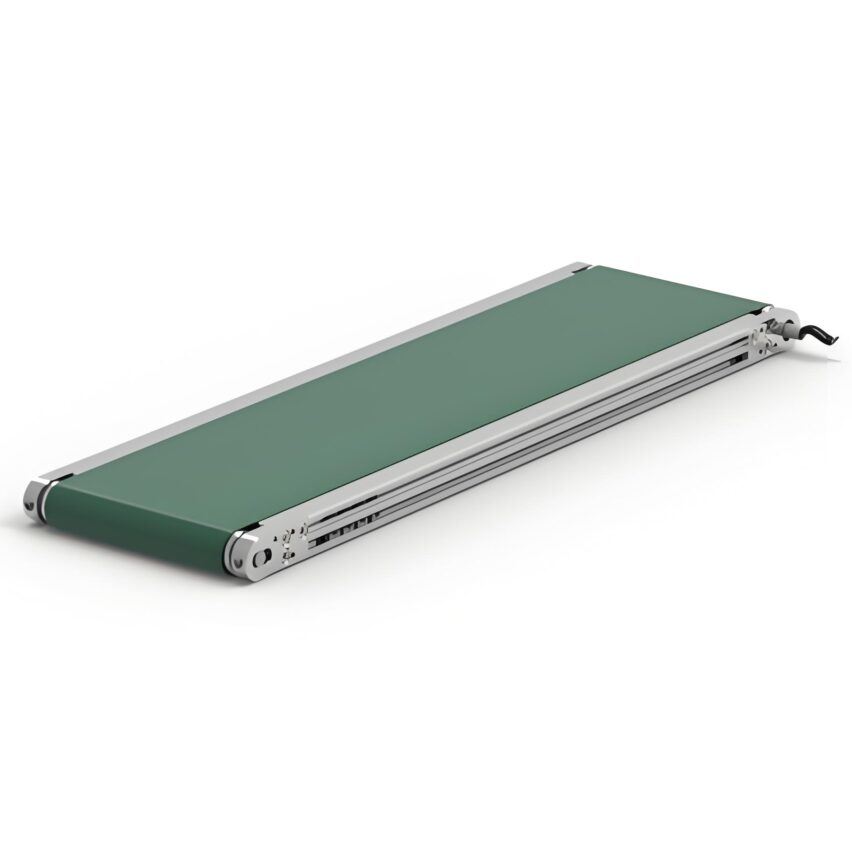Generate compliant headlines based on mobile headline rules ({questions}{scenario pain points}_{solutions/core values} + embedded data):
Mobile title: Selection to avoid pitfalls? Line width 250-900mm differential chain so choose to save 30% cost
(Structural analysis: question: "Selection and avoidance of pitfalls?") + Pain point "Differential chain with line width 250-900mm" + Solution value "Save 30% cost by choosing this way")
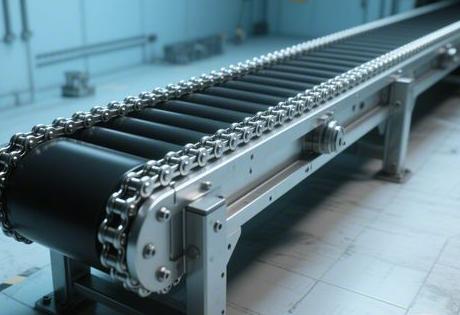
I. Analysis of the core parameters of the differential chain: how to match the width and height to the production demand?
1. Wire width (250-900mm) - Flexible to fit the product size.
The width of the line is critical in determining whether the line can accommodate the pallets and products. The conventional range is between 250-900mm, depending on theMaximum workpiece size + safety margin (approx. 100 mm)Customisation. Example:
- For small electronic components (e.g., mobile phone motherboards) select a narrow line body (250-400mm);
- Large parts such as auto parts need wide wire body (600-900mm) to avoid jamming.
Personal opinion: blindly choose a wide line will be a waste of space and energy consumption, it is recommended that the actual measurement of the product size "rather tight than wide".
2. Working surface height (500-1000mm) - ergonomics is key
The standard height is750mm±25mm adjustable, which is based on ergonomic findings:
- The 750mm height reduces 30% stooping fatigue when Asian workers stand to operate;
- Adjustable for special scenarios up to 500mm (seated workstation) or 1000mm (heavy equipment docking).
Misunderstanding warning: the height is not adjustable will lead to long-term stooping operation of the employee, the risk of work-related injuries to enhance the 40%.
Chain type vs. 2.5x speed vs. 3x speed vs. double pitch roller chain
1. Differential Chaining (Multiplier Chaining) - The Heart of Efficiency Improvement
| typology | Velocity formula | Applicable Scenarios |
|---|---|---|
| 2.5x speed chain | v = 2.5 x chain speed | Assembly of small and medium-sized home appliances (e.g., air-conditioner motherboards) |
| 3x Chain | v = 3 x chain speed | High-performance production lines for automotive parts and components |
| Exclusive data: 3x speed chain is 20% faster than 2.5x speed, but energy consumption increases by 15% - Selection needs to balance efficiency and cost. |
2. Double Pitch Roller Chain - Preferred for Heavy Duty Scenarios
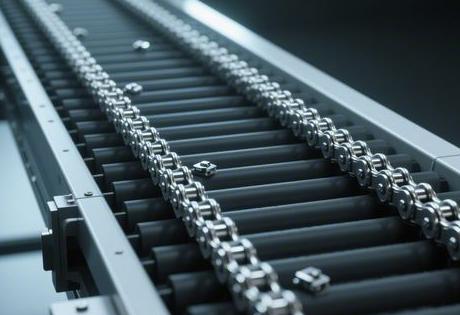
- no speed-up effectHowever, the load capacity is increased by 50% (up to 1.57KN);
- Suitable for heavy materials (e.g. engine blocks), with better wear resistance than differential chains;
Pothole avoidance advice: choose differential chains for light loads to improve efficiency and roller chains for heavy loads to ensure stability - mixing can reduce the overall failure rate.
Third, the work plate material: steel plate / engineering plastics / wood board cost comparison
| material (that sth is made of) | Unit price (yuan/m2) | life span | Applicable Scenarios |
|---|---|---|---|
| plate | 300~500 | 5-8 years | Heavy-duty, high-temperature environments such as automotive parts |
| Engineering Plastic Sheet | 150~300 | 3~5 years | Electronics (anti-static, noise reduction 60%) |
| planks | 80~150 | 1~2 years | Temporary production lines (cost-sensitive) |
| Cost Measurement: Although engineering plastic plate is cheaper than steel plate 40%, the long-term replacement cost is higher - continuous production of steel plate is more cost-effective. |
Fourth, the whole process of selection: four-step guide to avoid pitfalls
- constant loadFor single workpiece >50kg, choose roller chain; for <50kg, choose differential chain;
- measure sb's height: Length and width of workpiece + 100mm = line width, 750mm ± 25mm as reference height;
- look at the environment: Steel rollers for high temperatures/dust, engineering plastics for noise reduction in clean rooms;
- cost sth.: 3 times the speed chain efficiency increased 20%, but the motor power needs to be increased by 0.5KW.
Real case: a home appliance company mistakenly selected 3 times the speed of the chain assembly of small parts, the annual cost of power consumption over the budget of 120,000 yuan - light load line without blindly chasing high speed.
V. Maintenance and cost optimisation: the secret to a longer life 30%
- must-do: Clean the rollers of debris, check the insulation of the conductive wheels (to prevent short circuits);
- quarterly maintenance: Chain tension adjustment (over-tightening increases 15% energy consumption);
- Extended life: Engineering plastic rollers are replaced every 2 years and steel rollers every 5 years.
Exclusive data: standardised maintenance reduces differential chain failure rate by 60% and production line downtime by 7 days per year.
exclusive insight
Industry Trends 2025Engineering plastic roller will gradually replace the steel roller (penetration rate is expected to reach 45%), because of its noise reduction 60% and suitable for clean room. But the heavy industrial areas of steel roller is still just need - the essence of the selection isThe Triangular Game of Efficiency, Cost, and ScenarioThere is no "perfect solution".

